Knowing trees, I understand the meaning of patience. Knowing grass, I can appreciate persistence. – Hal Borland
Patience (n.) 1 c. 1200, pacience, “quality of being willing to bear adversities, calm endurance of misfortune, suffering, etc.,” from Old French pacience “patience; sufferance, permission” (12c.) and directly from Latin patientia “the quality of suffering or enduring; submission,” also “indulgence, leniency; humility; submissiveness; submission to lust;” literally “quality of suffering.”
“Have patience with all things, but chiefly have patience with yourself. Do not lose courage in considering your own imperfections, but instantly start remedying them—every day begin the task anew.” – St. Francis de Sales
One of the most essential lessons I have learnt from running multiple marathons is the value of patience and seeing the end in mind. American author and speaker Joyce Meyer said, “Patience is not simply the ability to wait – it’s how we behave while we’re waiting.” We live in a fast-paced world where we want everything at the speed of thought; a webpage loading longer than 3 seconds is considered unacceptable, overnight success is the goal, methodical step-by-step execution is considered boring, waiting for your time is considered slow and delaying gratification is not the norm.
“Patience is not simply the ability to wait – it’s how we behave while we’re waiting.” – Joyce Meyer
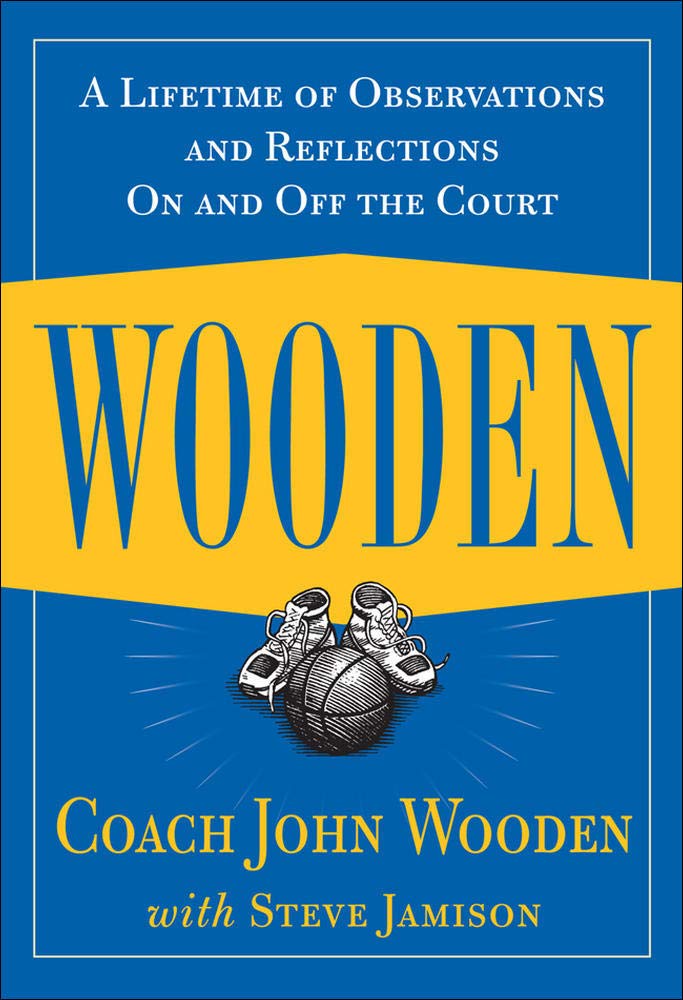
Coach John Wooden was the head coach of the UCLA Bruins for 27 years, winning ten NCAA national championships, seven of them in consecutive years, and had four undefeated seasons, including an 88-game winning streak. For the first fourteen seasons, the team did not win a national championship, but he persisted and remained patient, trusting the process.
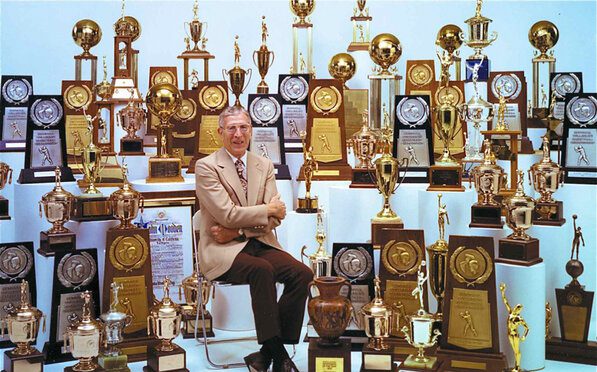
In his book, Wooden: A Lifetime of Observations and Reflections on and Off the Court, Coach John Wooden shared some great insights on the long-term benefits of staying patient. Patience is one of the building blocks of Coach Wooden’s Pyramid of Success.
Most of us are impatient. As we get a bit older, we think we know more and things should happen faster. But patience is a virtue in preparing for any task of significance. It takes time to create excellence. If it could be done quickly, more people would do it. A meal you order at a drive-through window may be cheap, it may be quick, it may even be tasty. But is it a great dining experience? That takes time. Good things always take time, and that requires patience. Competitive greatness requires patience. Excellence requires patience. Most of all, success requires patience.
Patience 2 is the ability to wait and calmly persevere. We all grow impatient, but some people have more trouble waiting than others do. We tend to forget that all good things take time. Often the element of time adds value to an accomplishment. Good things take time, as they should. We shouldn’t expect good things to happen overnight. Actually, getting something too easily or too soon can cheapen the outcome.
Youth can be impatient. They have a tendency to want to change more things more quickly. The mistake they make is that they see all change as progress, and they fail to see the benefit of waiting.
The maxim “easy come, easy go” carries more truth in it than most people realize. When we add to our accomplishments the element of hard work over a long period of time, we’ll place a far greater value on the outcome. When we are patient, we’ll have a greater appreciation of our success.

Patience is one of the core values that most successful entrepreneurs display, as it usually takes time to build the systems and structures for a prosperous business. James Dyson is a British Inventor, entrepreneur founder of the consumer technology company Dyson. He is best known as the inventor of the bagless vacuum cleaner, and according to Forbes, he is the 202nd wealthiest person in the world. After five years of testing and 5,127 prototypes, Dyson invented the world’s first bagless vacuum cleaner. Trying and experimenting with the various prototypes required that Dyson be patient and persistent in achieving his ultimate goal.
Dyson made 5,127 prototypes of his Cyclonic and Bagless Vacuum Cleaner before he got to a model he could set about licensing.
In his autobiography, Invention: A Life 3, Jame Dyson writes about the challenges, determination and doggedness required before he could invent the Cyclonic and Bagless Vacuum Cleaner. He writes:
For the following fifteen years I lived in debt. This might not sound encouraging to young inventors with an entrepreneurial spirit, yet if you believe you can achieve something − whether as a long-distance runner or maker of a wholly new type of vacuum cleaner − then you have to give the project 100 per cent of your creative energy. You have to believe that you’ll get there in the end. You need determination, patience and willpower.
You have to believe that you’ll get there in the end. You need determination, patience and willpower.
“Never for a moment, though, had I thought, I know, one day I’ll set up a business making and selling vacuum cleaners, and if it takes me fifteen years to make a profit, then that’s the way to go. What happened was that when I was making the Ballbarrow − in fact not long after I’d built the cyclone for the Ballbarrow factory − I bought a new vacuum cleaner. At home we had a reconditioned Hoover Junior − the classic upright styled by Henry Dreyfuss, the famous American industrial designer, and made at the Art Deco Hoover factory on the Western Avenue at Perivale − but I thought we ought to have a modern cleaner, and Hoover had a new model that looked like a flying saucer. It was said to be the world’s most powerful.”
If it takes me fifteen years to make a profit, then that’s the way to go.
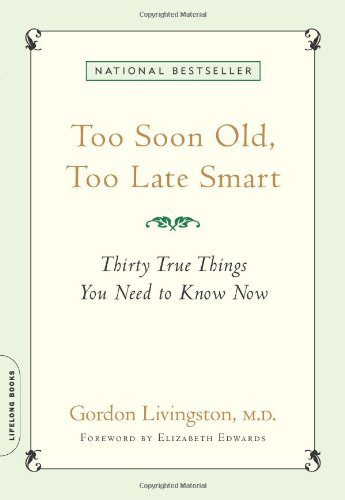
The good things in life that are built to last take time, and it requires a lot of patience, dedication and determination to get anything worthwhile done. Psychologist and military veteran Dr. Gordon Livingston put it this way in his book, Too Soon Old, Too Late Smart: Thirty True Things You Need to Know Now 4: “Only bad things happen quickly.” He asserted
When we think about the things that alter our lives in a moment, nearly all of them are bad: phone calls in the night, accidents, loss of jobs or loved ones, conversations with doctors bearing awful news. In fact, apart from a last-second touchdown, unexpected inheritance, winning the lottery, or a visitation from God, it is hard to imagine sudden good news. Virtually all the happiness-producing processes in our lives take time, usually a long time: learning new things, changing old behaviors, building satisfying relationships, raising children. This is why patience and determination are among life’s primary virtues.
Virtually all the happiness-producing processes in our lives take time.
Staying patient in a world where self-comparison is the order of the day can be extremely tough. Waiting to get a result of an exam, blood work, on a queue, to get pregnant, get married, be in a relationship, get promoted, get a call for a job or contract, we always have the course to wait for something or the other. Understanding the impermanence of everything in life, the seasons of life and the roller coast called life gives us the ability to wait with a clear understanding that everything happens in its time. American author Hal Borland once said, “Knowing trees, I understand the meaning of patience. Knowing grass, I can appreciate persistence“.
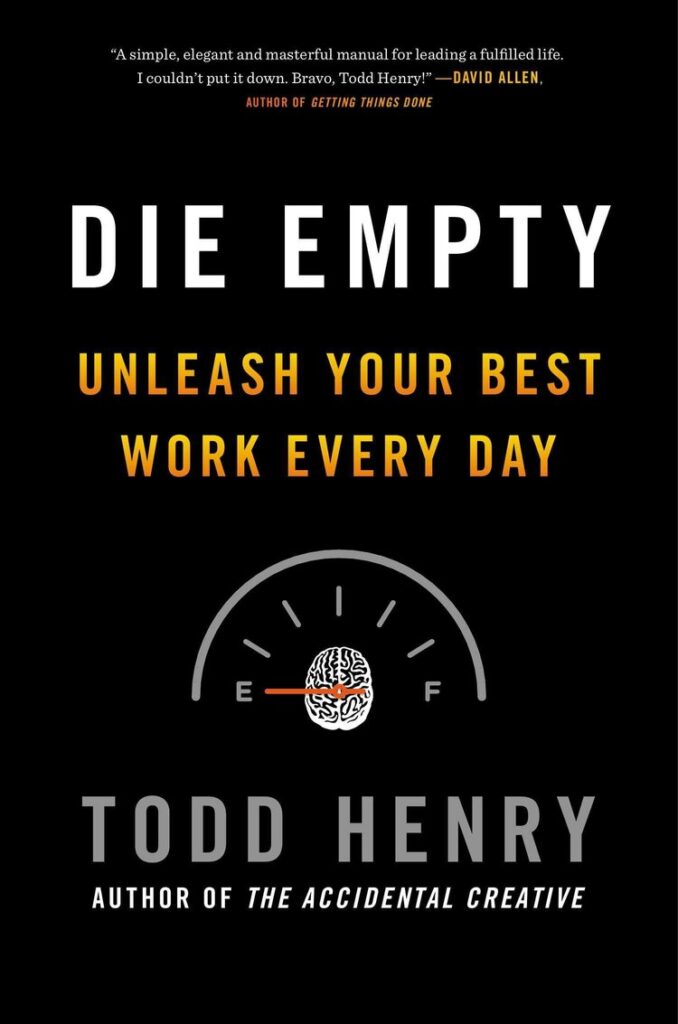
The Patience Virtue 5
Too many people want to come out of the gate with a clear understanding of their life’s mission. There is no one thing that you are wired to do, and there are many ways you can add value to the world, while operating in your sweet spot. However, these opportunities will only become clear over time as you act. They will develop slowly like film in a darkroom, giving you clues as you experiment, fail, and succeed. You have to try different things, and devote yourself to developing your skills and intuition, before you will begin to see noticeable patterns and understand your unique value.
Patience is required. This is a long-arc game, but it must begin now. You must plant seeds today for a harvest later. What you plant today you reap tomorrow, or further down the road. You must structure your life around daily progress based on what matters to you, building practices and activities that allow you to plant new seeds each day, with the knowledge that you will eventually see the fruits of your labor.
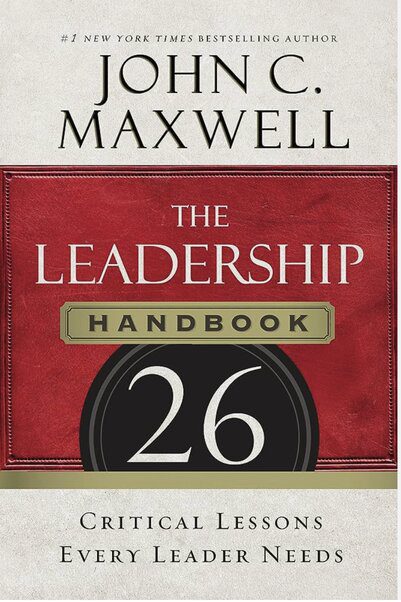
Stay Patient 6
Few worthwhile things in life come quickly. There is no such thing as instant greatness or instant maturity. We are used to instant oatmeal, instant coffee, and microwave popcorn. But becoming a leader doesn’t happen overnight. Microwave leaders don’t have any staying power. Leadership is more of a Crock-Pot proposition. It takes time, but the end product is worth the wait.
Leaders need to remember that the point of leading is not to cross the finish line first. It’s to take people across the finish line with you. For that reason, leaders must deliberately slow their pace, stay connected to their people, enlist others to help fulfill the vision, and keep people going. You can’t do that if you’re running too far ahead of your people.
Leadership is more of a Crock-Pot proposition. It takes time, but the end product is worth the wait.
Meditation
- Daily Calm with Tamara Levitt – Subtleties
- In everyday life, we identify bodily sensations as positive or negative, pleasant or unpleasant. We don’t often notice neutrality, as they are sensations that don’t immediately grab our attention – pain or pleasure. But as we learn to attune to them. Our self-awareness deepens.
- When we place closer attention to our sensations without identification or reaction, more and more layers of sensation unfold in our awareness.
We are one blink of an eye away from being fully awake. – Pema Chödrön
Daily Jay with Jay Shetty – Fight Sytles
- Fight Styles – Our innate responses to conflict, whether with partners, colleagues, family or friends. Being conscious of fight styles makes you less reactive and more intentional. It allows you to tailor your approach to the inevitable friction in your relationships so that you can squash the squabbles, quash the quarrels, and spend more time speaking the language that you really want – Love.
Podcast
- Proven Tactics to Become Creative, How to Take the Path Less Traveled, and More | Justin Gary – Tim Ferris Blog
All the Best in your quest to get Better. Don’t Settle: Live with Passion.
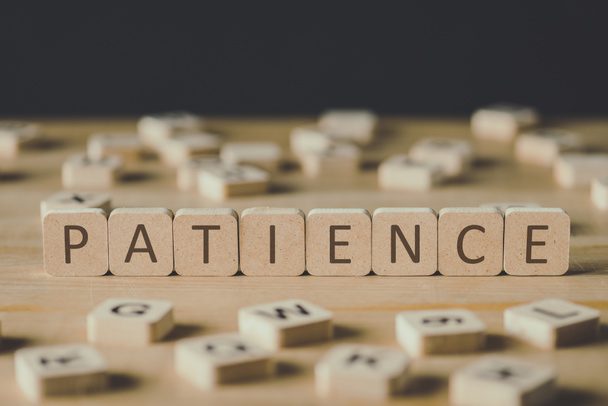

Comments are closed.